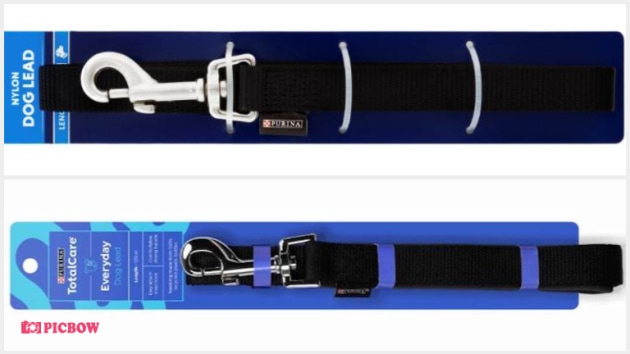Nestle Purina Australia will be making changes to the packaging for its pet accessories and health and hygiene product range, which will see the removal of approximately 16.7 tonnes of non-recyclable or unnecessary plastic each year.
A seemingly small, yet significant, change has been made to how Nestle Purina Australia accessories, such as pet toys or collars, are secured to the backing card used for hang-sell display.
Previously, accessories have been secured with cable ties made from virgin nylon plastic, which can’t be recycled due to their size and weight. These have now been switched for either bespoke paper ties or recyclable ‘origami style’ folded paper.
The move will see more than 3.3 tonnes of plastic ties being replaced with a recyclable material.
In line with Nestle Australia's sustainable packaging commitments, the items feature the Australasian Recycling Label (ARL) to make it clear to consumers how to properly dispose of the packaging.
A further 13.4 tonnes of plastic packaging has been removed from the Nestle Purina Australia health and hygiene range, including flea and worming medication, as PET clamshell packaging is replaced.
The range now features RFID stickers and products are packed in boxes made of recycled cardboard. The replacement of the clams has reduced 13.4 tonnes of plastic packaging each year.
“We are committed to ensuring that 100 per cent of our packaging is recyclable or reusable by 2025, while also reducing the amount of packaging we use in the process,” says Nicole Battistessa, general manager of Nestle Purina Australia.
“To do this, our team has reviewed every piece of packaging, across every product, to assess every material we use – and have challenged our existing packaging designs. Every change we made, no matter how seemingly small, is a step in the right direction.”







